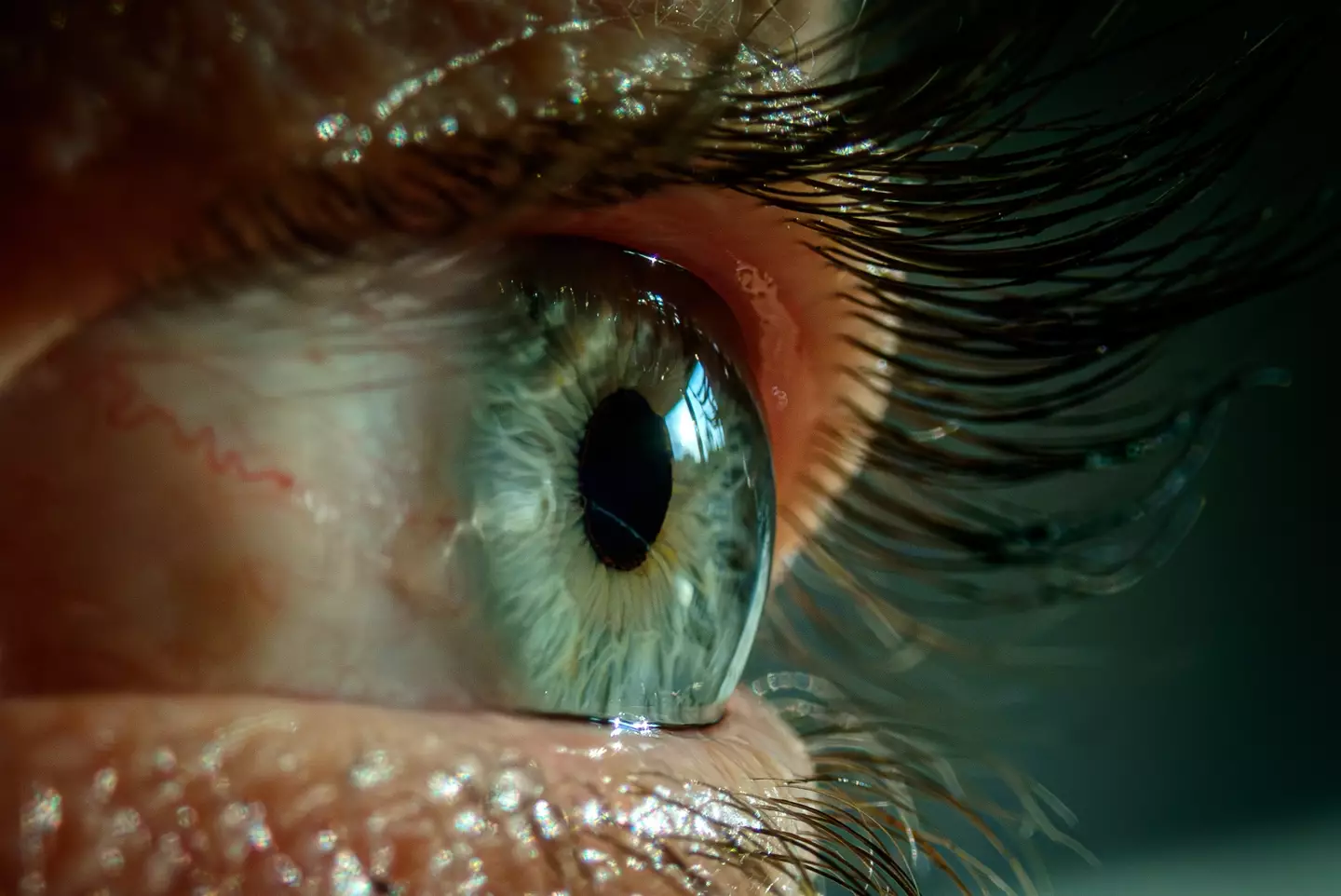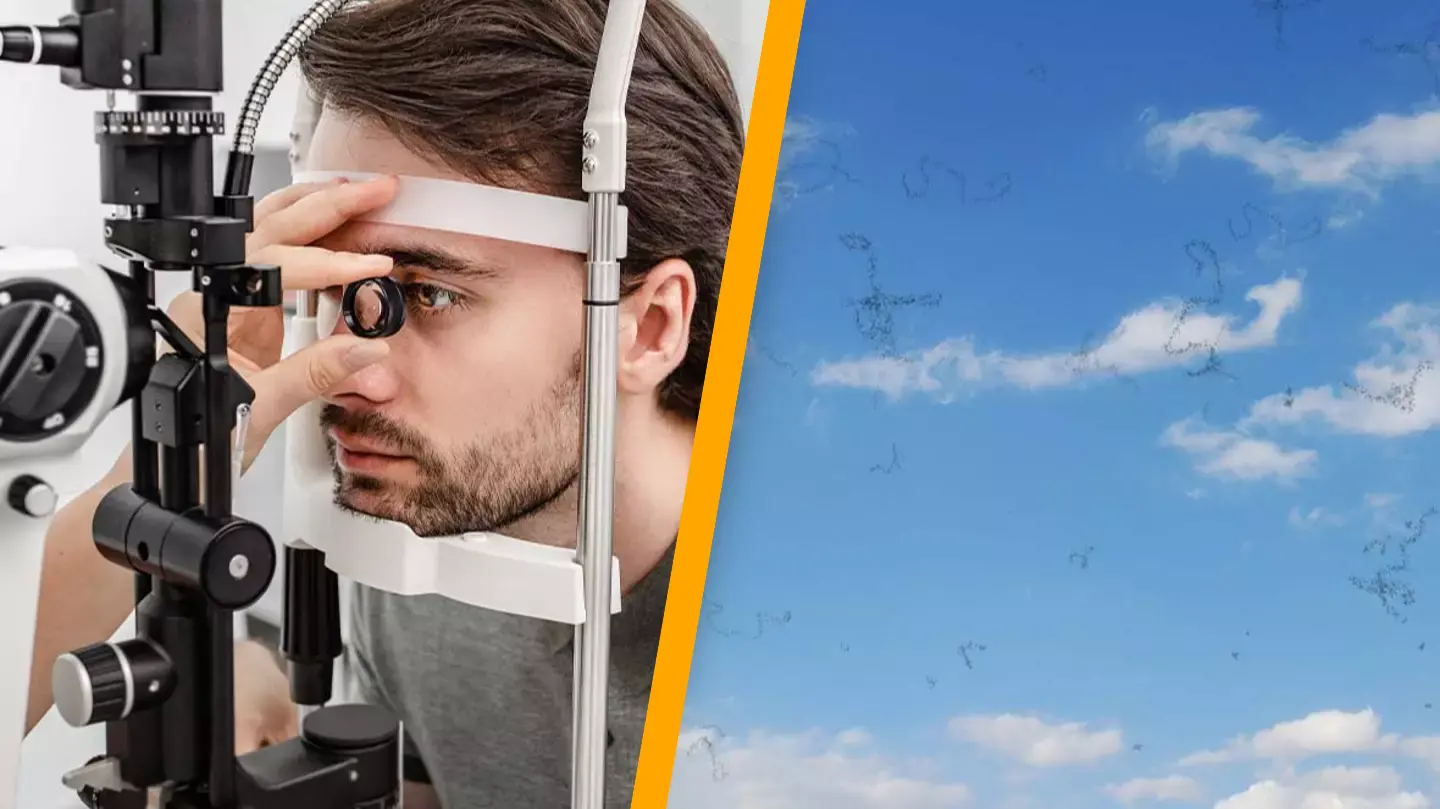If you’ve noticed black or grey squiggles gliding across your field of vision, you are likely familiar with eye ‘floaters’.
While you might assume they’re simply dust or a result of drifting concentration, experts have explained what they truly are and whether they’re a cause for concern.
Eye floaters are not a figment of your imagination. WebMD even dedicates an entire page to them, confirming their legitimacy.
The name ‘floaters’ comes from their ability to drift in your eye, often evading focus. They may resemble strings, spiderwebs, rings, or dots but generally do not hinder your overall vision.
They are quite common, with approximately seven out of 10 people experiencing them at some point, according to MedEye Associates.

WebMD’s information, reviewed by dermatologist Zilpah Sheikh, MD, states that floaters are composed of tiny collagen flecks. These flecks are part of the vitreous, a gel-like substance at the back of your eye.
As time passes, the protein fibers within the vitreous shrink and cluster, casting shadows on your eye, which results in floaters.
These changes typically occur between ages 50 and 75, but can manifest at any age. Nearsighted individuals or those who have had cataract surgery are more prone to experiencing floaters.
While floaters typically do not affect your vision, they can sometimes signal a more serious condition.
In rare instances, floaters may be caused by certain conditions:
WebMD points out some serious eye disorders linked to floaters, such as:

There are specific situations where seeing a doctor is advised, especially if the floaters are new, have significantly changed, or feel more intense.
If you notice a flash in your vision, which can occur when the vitreous detaches from the retina, seeking immediate medical attention is crucial.
A visit to the doctor is also recommended if floaters are accompanied by other symptoms like blurred side or central vision, a dark shadow over part of your view, or eye pain.
If floaters are mild and not associated with other eye issues, you might learn to live with them. Experts suggest ways to manage this.
Mild floaters can also be addressed with laser procedures or a vitrectomy, where the vitreous is replaced with a saline solution or a bubble of oil or gas.

